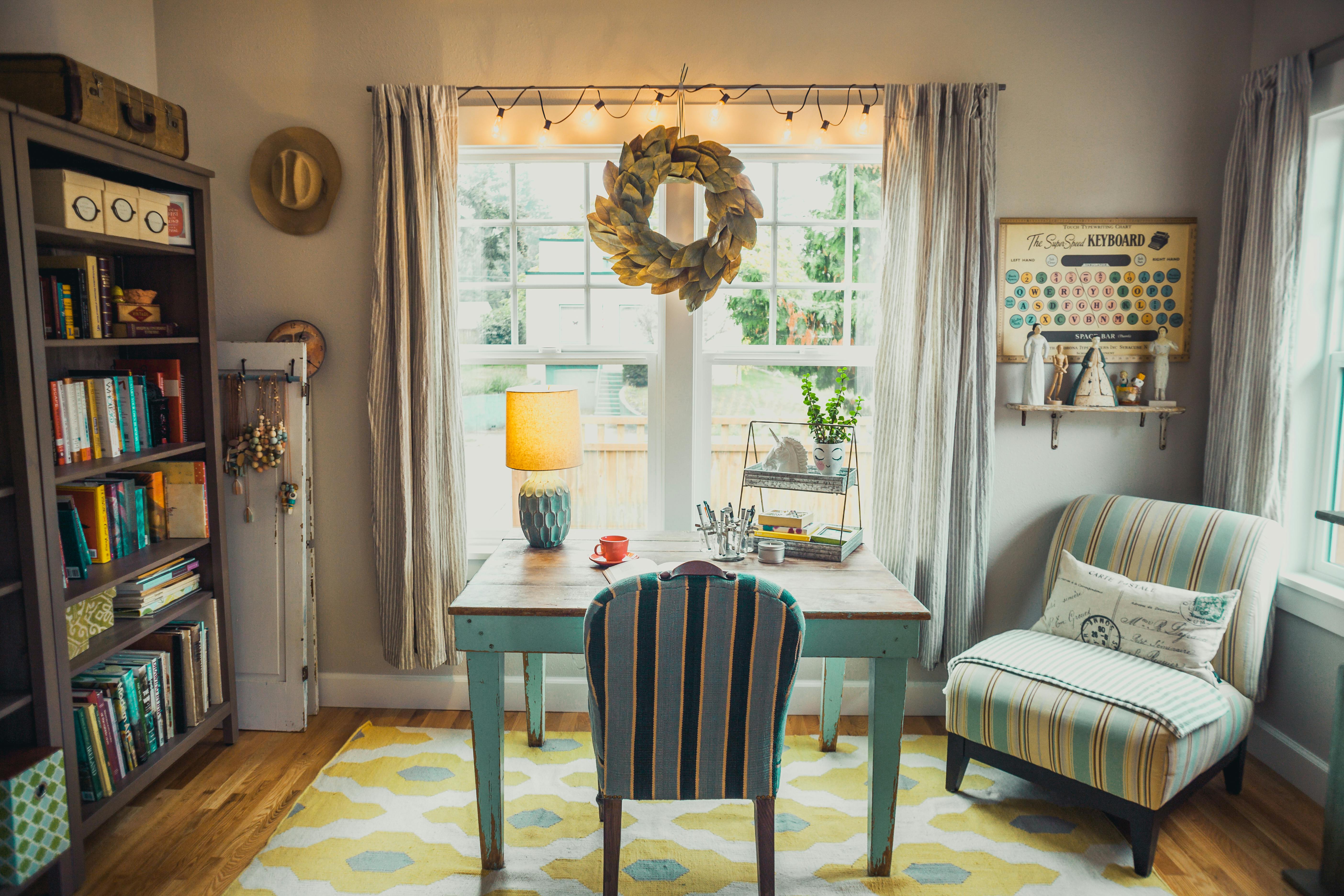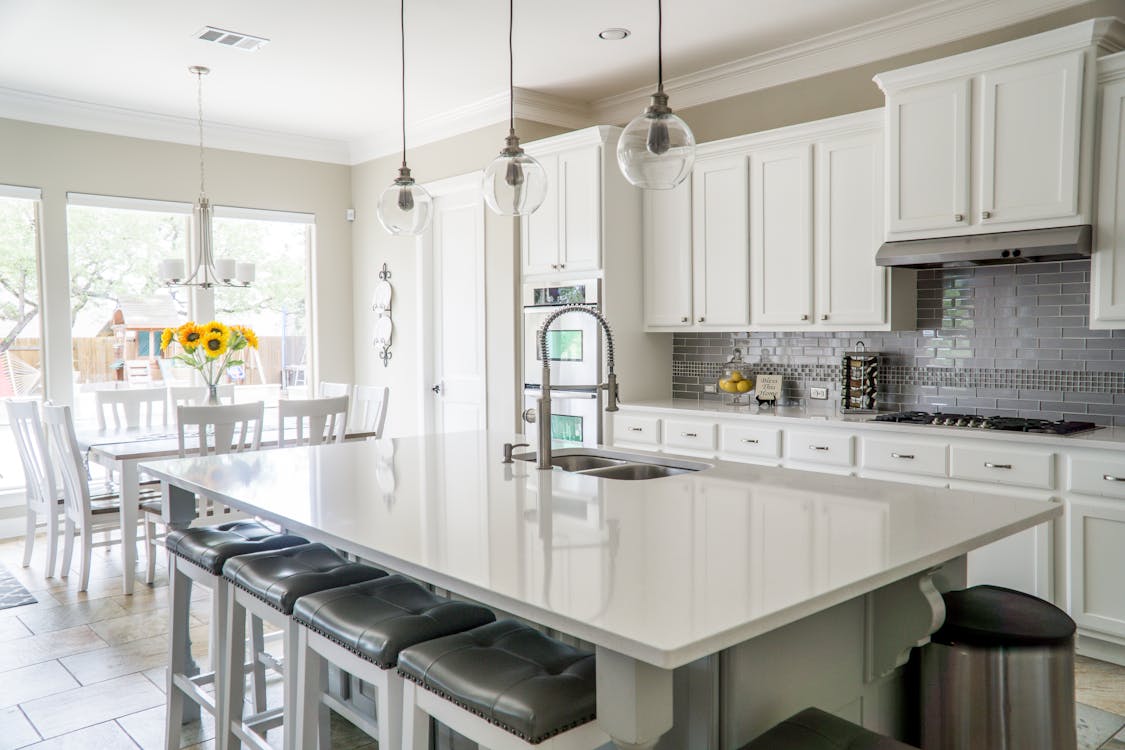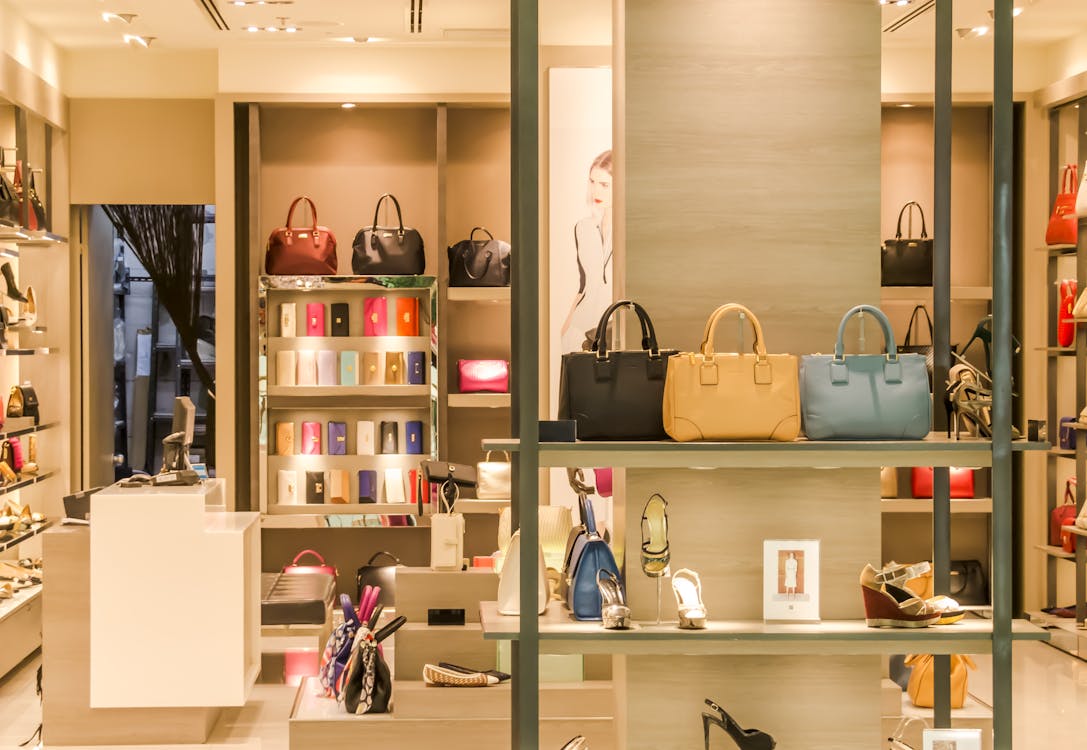n the realm of interior design, the choice of flooring and wall tiles plays a pivotal role in shaping the overall aesthetic of a space. Among the myriad options available, Moroccan tiles have emerged as a popular and timeless choice, especially in kitchens. The intricate patterns, vibrant colors, and rich cultural history associated with Moroccan tiles make them a compelling option for those seeking to infuse their kitchen with a touch of exotic elegance. In this article, we will delve into the reasons why opting for Moroccan tiles in your kitchen can be a wise and aesthetically pleasing choice.
- The Rich Heritage of Moroccan Tiles:

Moroccan tiles, also known as zellige tiles, have a history dating back centuries. Originating in the ancient city of Fez, these tiles are a testament to the artistic prowess of Moroccan craftsmen. The intricate geometric patterns and vibrant hues are deeply rooted in Islamic art and architecture, creating a connection to a rich cultural heritage. Choosing Moroccan tiles for your kitchen allows you to bring a piece of this history into your home, transforming it into a space that tells a story.
- Intricate Patterns for Visual Appeal:

One of the most striking features of Moroccan tiles is the intricate patterns that adorn them. Geometric shapes, arabesque designs, and floral motifs come together to create mesmerizing visuals. In a kitchen, where functionality meets aesthetics, the addition of these intricate patterns can elevate the space from a mere cooking area to a visual masterpiece. Whether used as a backsplash, flooring, or even as accent pieces, Moroccan tiles add a unique touch that captivates the eye and stimulates the senses.
- Versatility in Design:
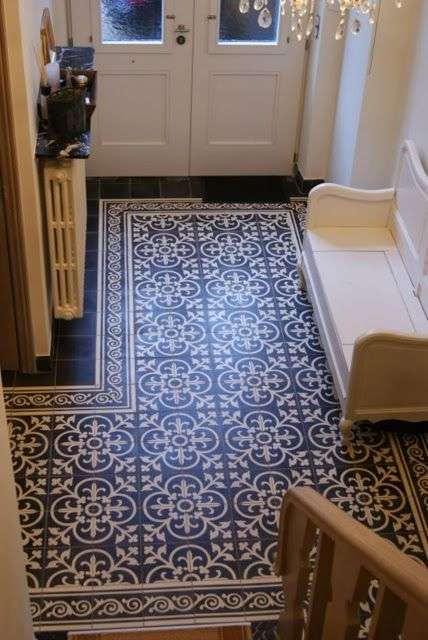
Moroccan tiles are incredibly versatile, offering a wide range of design options to suit various tastes and preferences. From bold and vibrant patterns to more subdued and neutral tones, there is a Moroccan tile design for every style. This versatility allows homeowners to customize their kitchen space, blending the exotic allure of Moroccan aesthetics with their personal design preferences. Whether you prefer a bohemian, eclectic look or a more minimalist and contemporary style, Moroccan tiles can be adapted to complement any design theme.
- Durability and Practicality:

Beyond their aesthetic appeal, Moroccan tiles are known for their durability and practicality. Made from high-quality clay, these tiles are inherently robust and resistant to wear and tear. In a kitchen, where spills, stains, and heavy foot traffic are commonplace, the durability of Moroccan tiles becomes a valuable asset. Additionally, these tiles are easy to clean and maintain, making them a practical choice for busy households where convenience is paramount.
- A Splash of Color and Warmth:
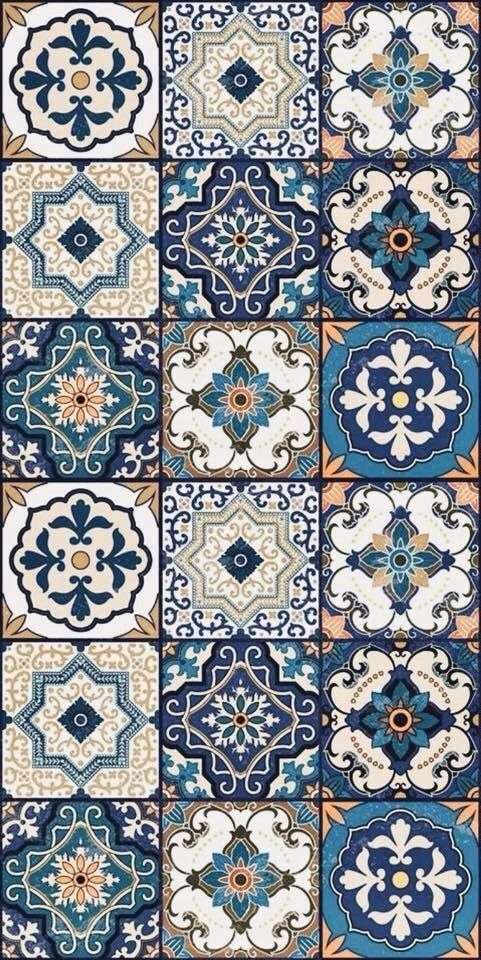
Moroccan tiles are renowned for their vibrant color palette, ranging from deep blues and greens to warm reds and earthy tones. Introducing these colors into your kitchen can instantly transform it into a lively and inviting space. Whether you opt for a bold, statement backsplash or choose to incorporate the colors more subtly in the flooring, the result is a kitchen that exudes warmth and personality. The play of colors in Moroccan tiles adds a dynamic element to the space, breaking away from the monotony often associated with traditional kitchen designs.
- Creating Focal Points:
The intricate and captivating nature of Moroccan tiles naturally draws attention, making them ideal for creating focal points within your kitchen. Whether used as a feature wall, a decorative backsplash behind the stove, or as an eye-catching flooring design, Moroccan tiles have the power to transform ordinary spaces into extraordinary ones. By strategically placing these tiles, you can guide the eyes of those entering the kitchen and highlight key areas, enhancing the overall visual appeal of the space.
- A Sustainable Choice:

For those who prioritize sustainability in their design choices, Moroccan tiles offer a compelling option. Crafted from natural materials such as clay, these tiles have minimal environmental impact compared to synthetic alternatives. Additionally, the traditional manufacturing processes used to create Moroccan tiles often involve handcrafting and artisanal techniques, contributing to the preservation of age-old craftsmanship and skills. Choosing Moroccan tiles for your kitchen aligns with eco-friendly values, creating a space that not only looks good but also reflects a commitment to sustainable living.
- Global Appeal and Timeless Style:
Moroccan tiles have a global appeal that transcends cultural boundaries. Incorporating these tiles into your kitchen allows you to infuse a sense of wanderlust and worldly sophistication. Moreover, the timeless style of Moroccan tiles ensures that your kitchen will remain fashionable and relevant for years to come. Unlike trends that may come and go, the classic beauty of Moroccan tiles endures, making them a wise investment in the long-term aesthetics of your home.
Conclusion:
In conclusion, opting for Moroccan tiles in your kitchen is undoubtedly a good choice for those seeking to marry functionality with unparalleled visual appeal. These tiles bring forth a rich cultural heritage, intricate patterns, and a versatility in design that can transform any kitchen into a unique and stylish space. Beyond their aesthetic allure, Moroccan tiles offer durability, practicality, and a sustainable option for the environmentally conscious homeowner. As you embark on the journey of kitchen design, consider the timeless elegance and global charm that Moroccan tiles can bring to your home, turning it into a haven of beauty and cultural richness.


